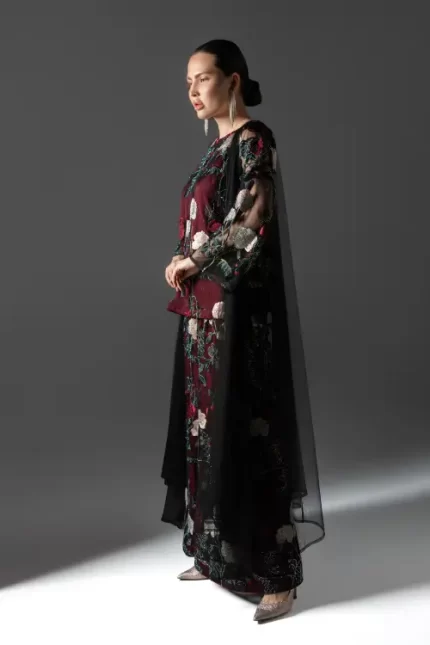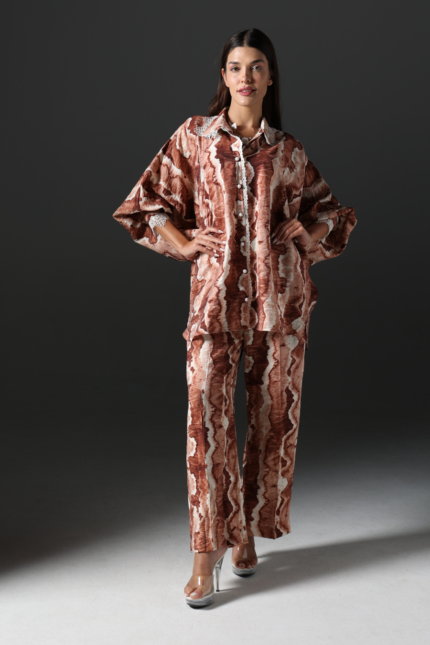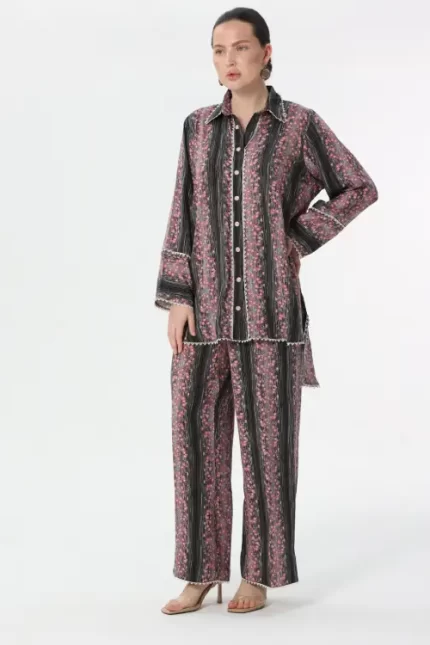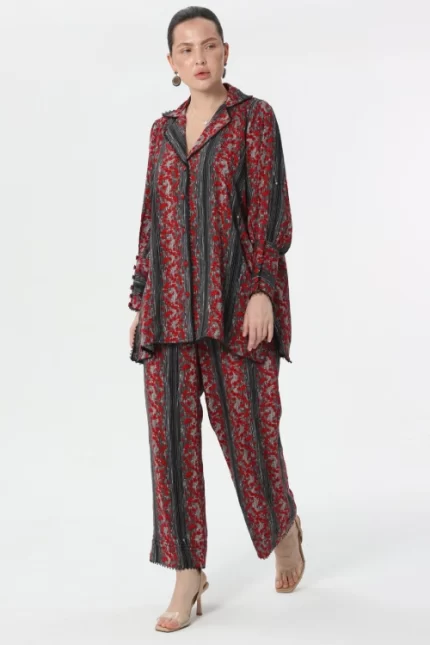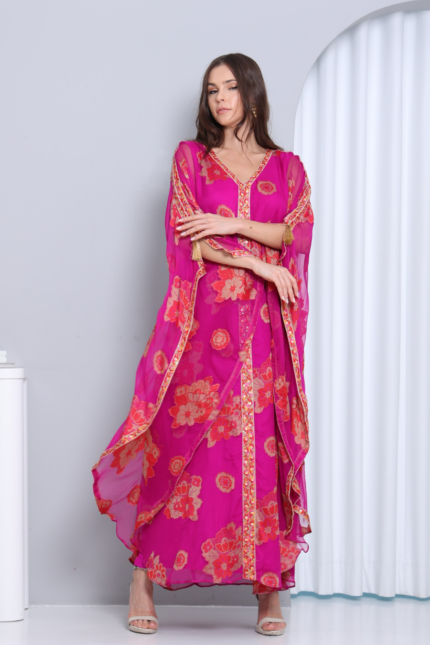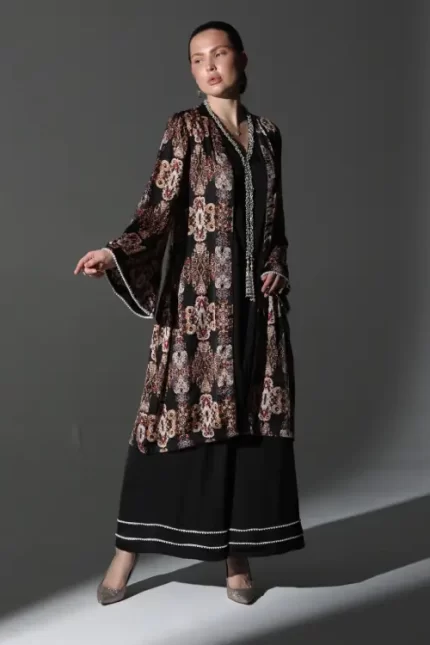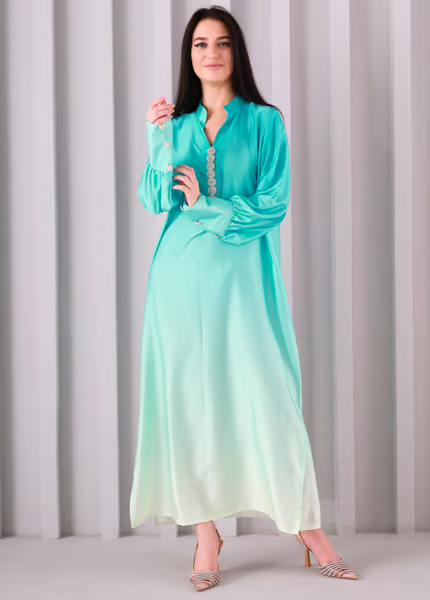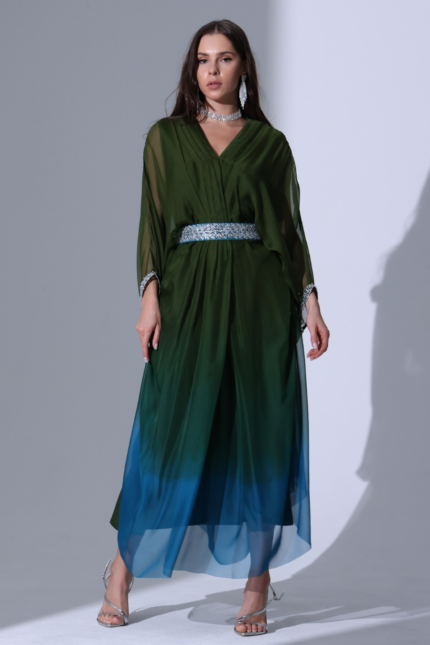The fashion industry has come under scrutiny for its contribution to pollution, water waste, and unethical labor practices. However, the rising sustainable fashion movement shows eco-consciousness and ethics can be the new standard. Aspiring fashion designers and entrepreneurs can launch fashion brands that operate sustainably from the ground up. It takes creativity, commitment and ingenuity, but the impact and customer appeal make the effort worthwhile.
We’ll explore core principles for embedding sustainability across all aspects of local fashion brand, from materials to manufacturing. Follow these best practices to positively change the face of fashion.
Sourcing Sustainable Fabrics and Materials
A sustainable brand starts with eco-friendly fabrics clothing. Opt for textiles like organic cotton, hemp, linen and lyocell which use less water and chemicals without compromising quality. Recycled polyester made from plastic bottles diverts waste. Regenerated fabrics convert food crop waste like mushrooms or kombucha into vegan leather and silk alternatives. Research providers like Re:newcell leading the way.
Dyeing and processing methods also matter. Choose non-toxic dyes free from heavy metals. Bleaching, distressing, and other treatments should use environmentally responsible techniques. Partner with suppliers aligned to sustainability standards.
Ethical and Eco-Conscious Manufacturing
From fair labor practices to eco-friendly production methods, ethical manufacturing is a pillar of sustainability. Producing locally when possible reduces the environmental impact of shipping while supporting communities. For global production, choose fair trade certified partners that ensure safe conditions and living wages.
Manufacturing should minimize pollution and waste too. Functions like laundering, dyeing, and tanning of raw materials can waste immense amounts of water if not managed properly. Facilities utilizing water recycling, energy reduction, and safe chemical practices are ideal. Environmentally responsible packaging using recycled and biodegradable materials completes the cycle.
Transparent and Accountable Supply Chains
Consumers increasingly demand transparency about where and how goods are made. Sustainable brands trace their supply chains to gauge and validate ethical and eco-conscious practices at every link. Robust vendor vetting, certification schemes, and auditing help verify sustainability claims. Supply chain mapping technologies can track raw materials back to their origins, ensuring ethical harvesting and fair trade. Communicating supply chain transparency through hangtags, labels or the website builds trust.
Circular Production and Upcycling
The linear “take, make, dispose” model of fashion wastes resources and generates excess textile waste. Circular production keeps materials in use through recycling and upcycling. Using textile waste as raw material for new fabrics and garments closes the loop. Vintage and deadstock fabrics can also be repurposed into contemporary designs, adding uniqueness. Encouraging recycling of your garments after use completes the circle. Rental and resale models further extend the lifecycle.
Slow and Seasonless Production
The fast fashion trend of rapid, low-cost production fuels overconsumption and waste. Sustainable brands decelerate the calendar, focusing on quality over quantity. Fewer seasonal collections promoted for longevity over fleeting trends keep clothing in use longer. Garments should be made to last through sturdy construction and timeless aesthetic. Repair services help further extend lifespan.
Innovative Materials and Processes
Fashion tech startups are pioneering ingenious materials from food crop waste, algae, and other unconventional sources. For example, Pinatex upcycles pineapple leaf fiber into sustainable leather-alternatives. Startups are also developing recycled fabrics stronger and softer than virgin polyester. Adopting such materials ahead of the curve underscores a brand’s commitment to pushing sustainability forward.
The Path Toward Positive Fashion
As consumer consciousness expands, brands that lead the way toward positive environmental and social impact will be poised to succeed. Sustainability requires rethinking processes and sourcing carefully, but pays dividends in customer trust and loyalty. While establishing an end-to-end sustainable fashion brand takes dedication, each step makes the industry and world a little more ethical. Small brands can drive big ripples of change.
The True Cost of Fast Fashion
-
Bold Floral Prints and a Sheer Net Cape
AED 1,000 -
Burgundy Muse
AED 450 -
Chic Cotton Linen
AED 300 -
Chic Cotton Linen Collared Co-Ord Set
AED 300 -
Chiffon Kaftan
AED 600 -
Classic Three-Piece Silk Outfit
AED 500 -
Double Shaded Silk Shirt
AED 500 -
Dual Tone Kaftan
AED 650 -
Dual tone kaftan (black)
AED 650


